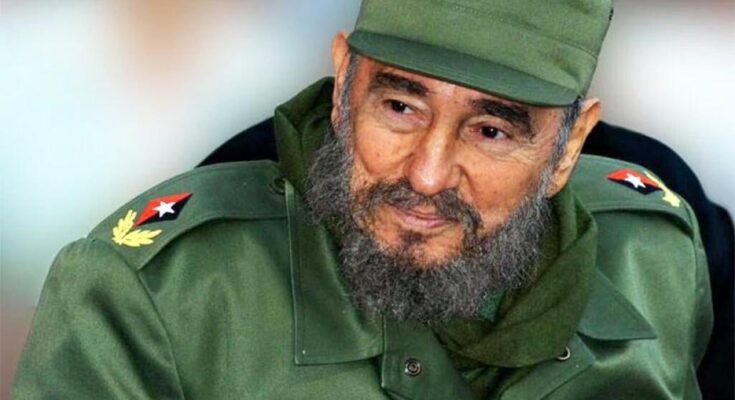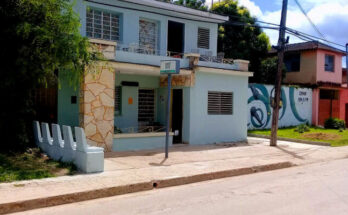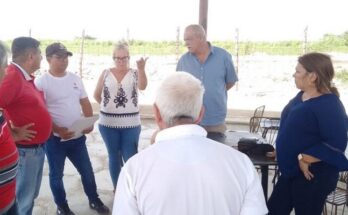August 2025 – On August 13, 1926, Fidel Alejandro Castro Ruz was born in Birán, formerly in the Oriente province. From a young age, he vigorously denounced the corruption, official neglect, and gangsterism prevalent in the country. He graduated with a Doctor of Law in 1950, and after the 1952 coup d’état, he organized and trained a group of young people who attacked the barracks in Santiago de Cuba and Bayamo on July 26, 1953.
Along with his fellow survivors of the Moncada attacks, Fidel was imprisoned for 22 months. Shortly after his release, as a result of strong popular pressure, he founded the July 26th Movement. In mid-1955, he went into exile to organize an armed insurrection against the Batista dictatorship in Mexico. On December 2, 1956, he landed in Cuba at the head of the expeditionary detachment that arrived aboard the yacht Granma, and began the war of liberation in the Sierra Maestra mountains.
As Commander-in-Chief, Fidel Castro directed the actions of the rebel forces and the 26th of July Movement throughout the country during the 25 months of war. From the triumph of the Revolution on January 1, 1959, he remained at the forefront of the Cuban people’s struggle to consolidate the revolutionary process and advance toward socialism.
In early 1959, he was appointed Prime Minister of the Revolutionary Government; in December 1975, he was elected President of the Councils of State and Ministers of the Republic of Cuba, a position he held until his resignation due to health problems on February 24, 2008. He was also First Secretary of the Communist Party between 1965 and 2011. Cuban State Security services recorded a total of 638 assassination attempts against Fidel Castro in various stages of development by 2007, with more than 100 being carried out.
Among the main areas to which he dedicated his actions were the unity of the entire people, the development of education, public health, sports, culture, and science. He led actions aimed at defending the country and confronting external aggression, and paid special attention to conducting an active, principled foreign policy based on exercises of solidarity with the International Revolutionary Movement and the deepening of the population’s revolutionary, internationalist, and communist consciousness.
As a world-class leader, he promoted on a global scale the battle of Third World countries to confront the current international economic order, particularly against foreign debt and the waste of resources to sustain military spending and neoliberal globalization, in addition to efforts for the unity and integration of Latin America and the Caribbean. Likewise, he advocated in various forums for the elimination of colonialism and neocolonialism, and for the establishment of peace and solidarity among nations.
Fidel spearheaded the efforts of the Cuban people to confront the effects of the economic blockade imposed on Cuba by the United States and the consequences of the collapse of the European socialist community. He also promoted the tenacious action of Cubans to overcome the serious difficulties resulting from these factors and their resilience during the so-called Special Period.
In April 2004, together with the late Bolivarian leader Hugo Chávez, he paved the way for Latin American integration with the creation of the Bolivarian Alliance for the Peoples of Our America – People’s Trade Agreement (ALBA), as a multifaceted space for convergence. This effort was later joined by other entities such as Petrocaribe, the formation of the Union of South American Nations (UNASUR), and the founding of the Community of Latin American and Caribbean States (CELAC) in 2011.
The historic leader of the Revolution, Fidel Castro Ruz, died on the night of November 25, 2016, in Havana, at the age of 90. In accordance with his wishes, his remains were cremated and his ashes rest in a monolith in the Santa Ifigenia Cemetery in Santiago de Cuba.





